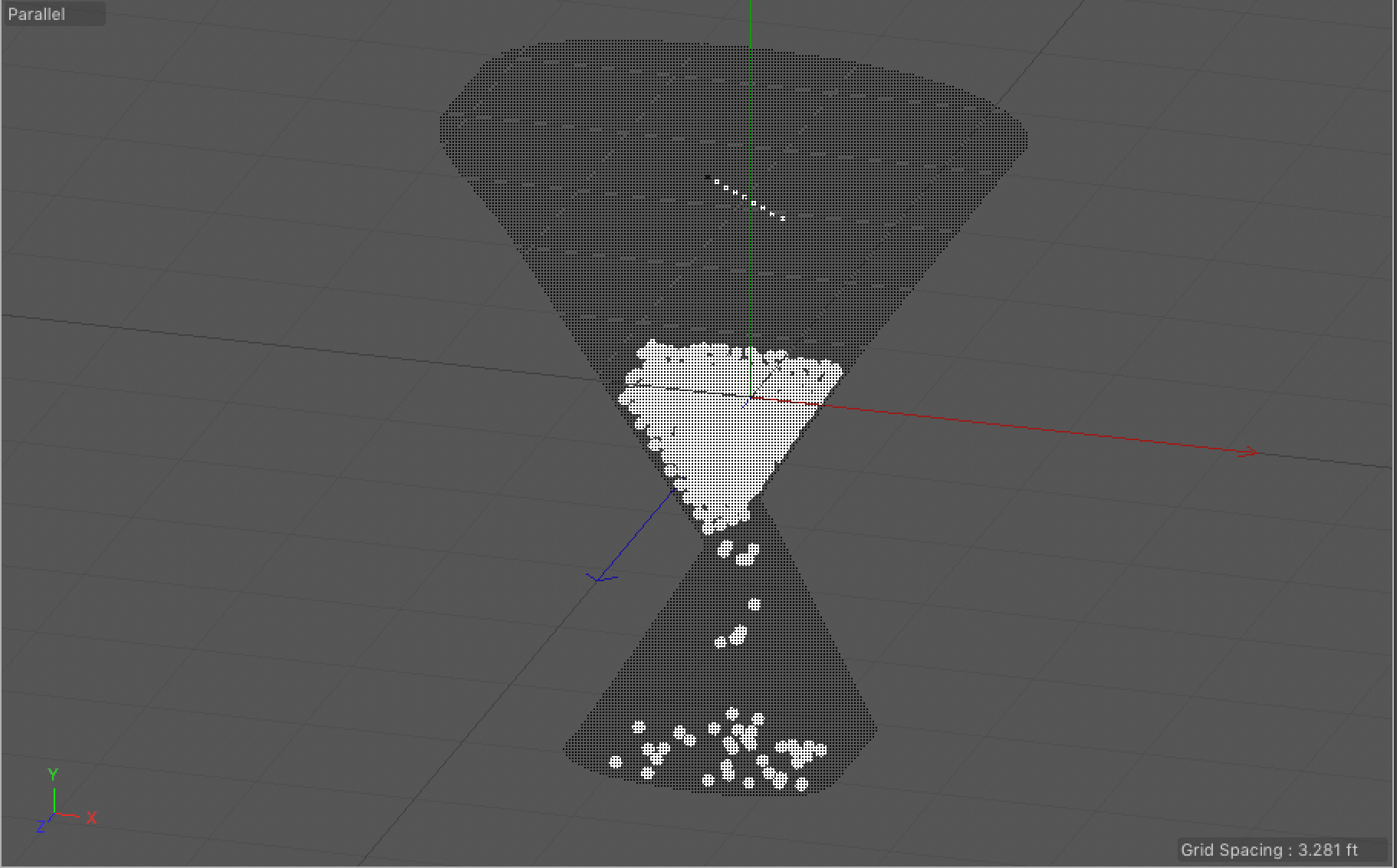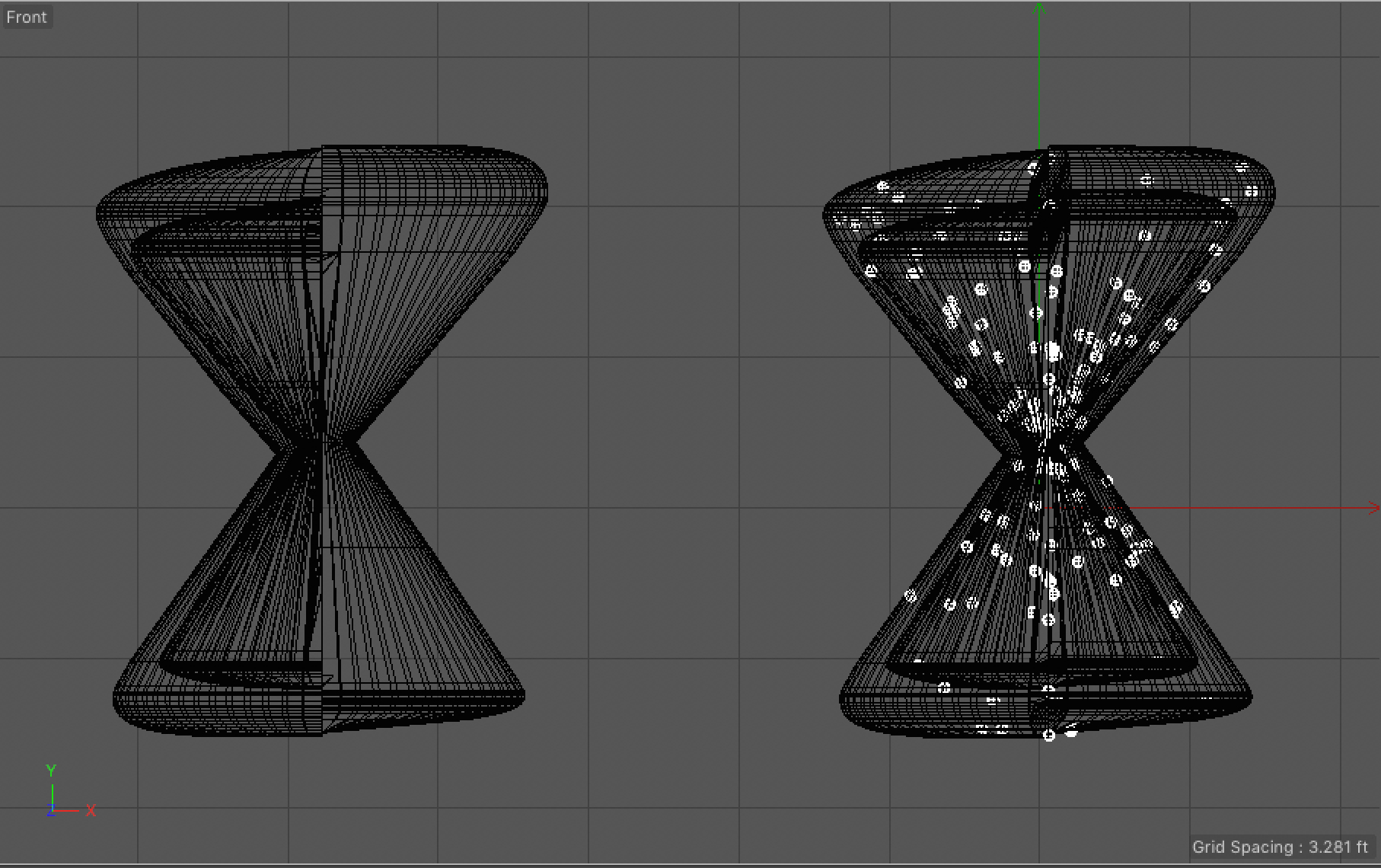Katherine Rae Diemert (k.d.rae) is a visual artist based out of Hamilton, Canada. She makes art that explores our relationship to the natural and digital worlds. You can reach her at kdiemert@gmail.com.
Hourglasses
Spring 2020
Ink Illustrations, Video Projection
Dimension Variable, Looping Video
Exhibited at the Factory Media Centre as part of their Public Works programming.
Filed under PROJECTION, INSTALLATION, VIDEO
︎︎︎Documentation video of installation in gallery
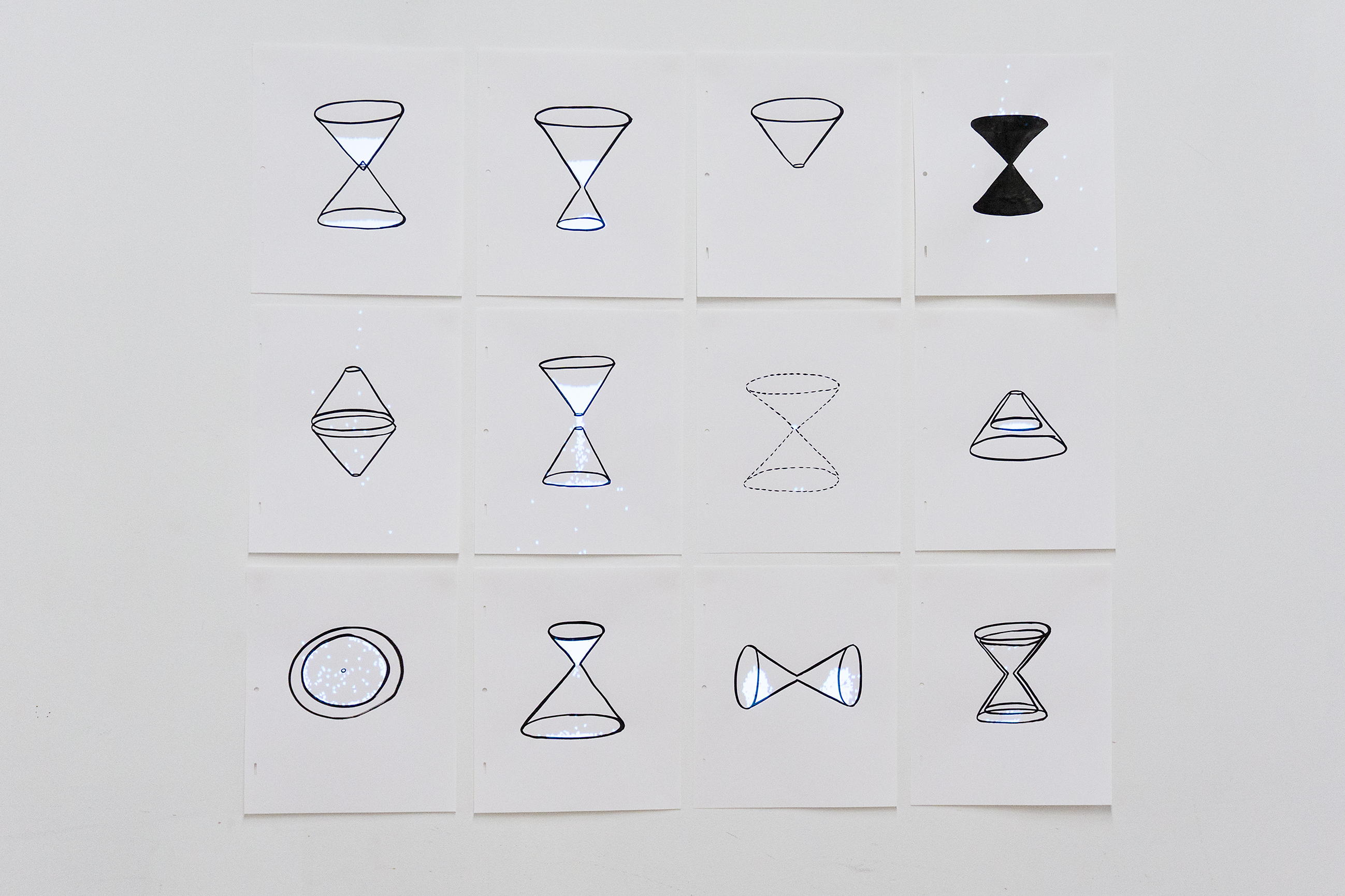
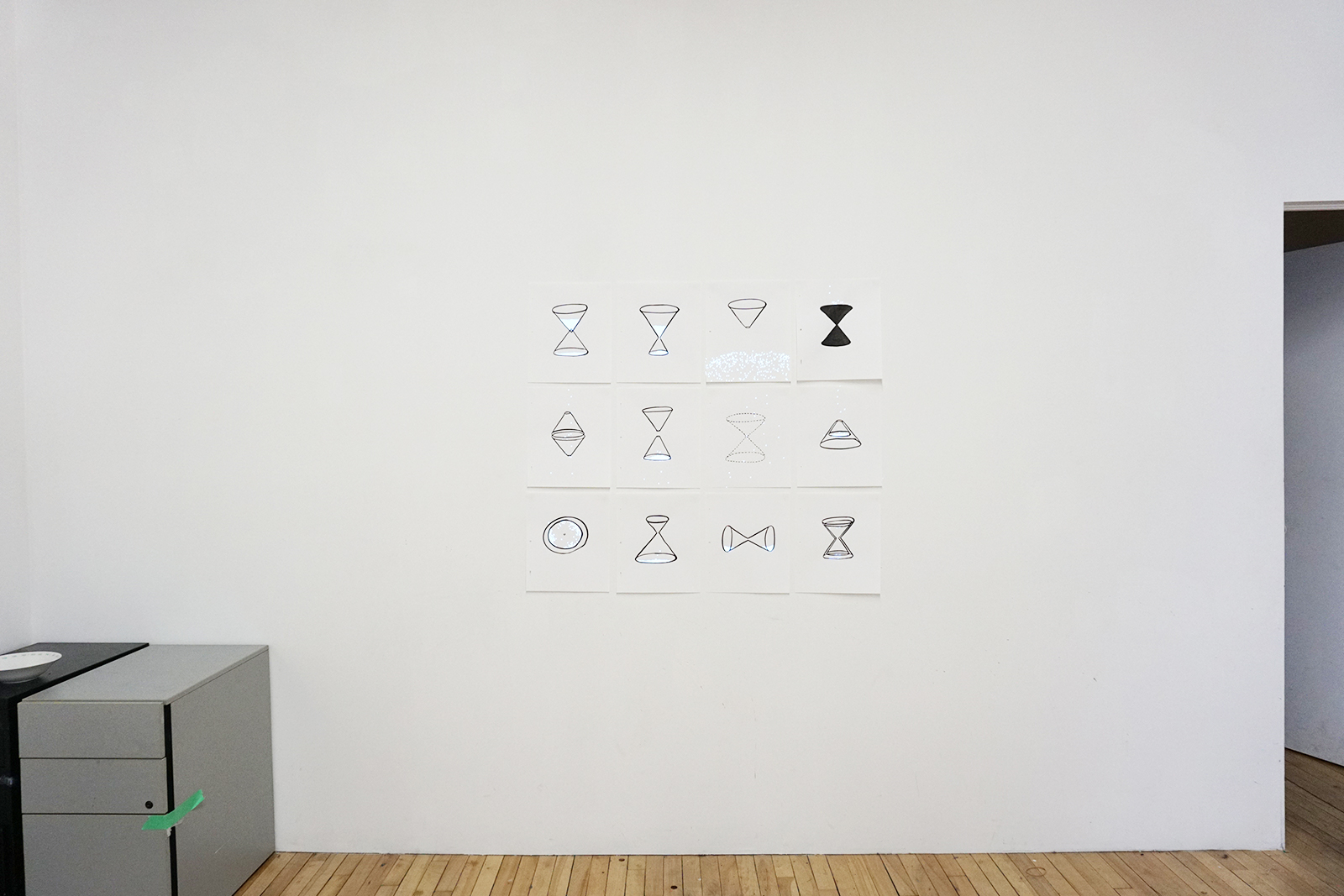

Hourglasses is a video installation composed of pieces from a series of alternative hourglass designs. Particle simulations tailored to each design are projection mapped onto hand drawn ink illustrations.
The beginning of my residency at the Factory Media Centre coincided with the beginning of social-distancing because of COVID-19. Perhaps it was because of our newly changed routines, or the indefinite end date of the pandemic, but ‘time’ began coming up in many of the conversations I was having. I began wondering about how we perceived time, and how we tried to communicate that experience through visuals and language. The clock, the sundial, the hourglass are all common examples. But the hourglass’ design in particular is aesthetically satisfying for a few reasons: its multi-axis symmetry, both in 2D and 3D forms, the minimal materials (glass, sand, gravity), and its linearity. If you conceptually divide an hourglass horizontally at its centrepoint, the sand above represents the future yet to come, while the sand below is time past, and that middle point that the grains of sand slip through would be the present.
These Hourglasses are speculative alternative forms for visualizing the flow of time. At times they defy the laws of physics, or any real kind of practicality or functionality. They attempt to ask: What would our experience of life be like, were it to follow one of these hourglasses? How could our different perceptions of time and the language we use to describe it, be visualized in form?
The beginning of my residency at the Factory Media Centre coincided with the beginning of social-distancing because of COVID-19. Perhaps it was because of our newly changed routines, or the indefinite end date of the pandemic, but ‘time’ began coming up in many of the conversations I was having. I began wondering about how we perceived time, and how we tried to communicate that experience through visuals and language. The clock, the sundial, the hourglass are all common examples. But the hourglass’ design in particular is aesthetically satisfying for a few reasons: its multi-axis symmetry, both in 2D and 3D forms, the minimal materials (glass, sand, gravity), and its linearity. If you conceptually divide an hourglass horizontally at its centrepoint, the sand above represents the future yet to come, while the sand below is time past, and that middle point that the grains of sand slip through would be the present.
These Hourglasses are speculative alternative forms for visualizing the flow of time. At times they defy the laws of physics, or any real kind of practicality or functionality. They attempt to ask: What would our experience of life be like, were it to follow one of these hourglasses? How could our different perceptions of time and the language we use to describe it, be visualized in form?
︎︎︎In gallery view of installation
Time from Above
Individual Time
Reversed Time
Individual Time
Reversed Time
Bottom-Heavy Time
Top-Heavy Time
Leap of Time
Top-Heavy Time
Leap of Time
Resting Time
Free Time
Implied Time
Free Time
Implied Time
Solid Time
Inverted Time
Insulated Time
Inverted Time
Insulated Time
Installation at Public Works, Factory Media Centre
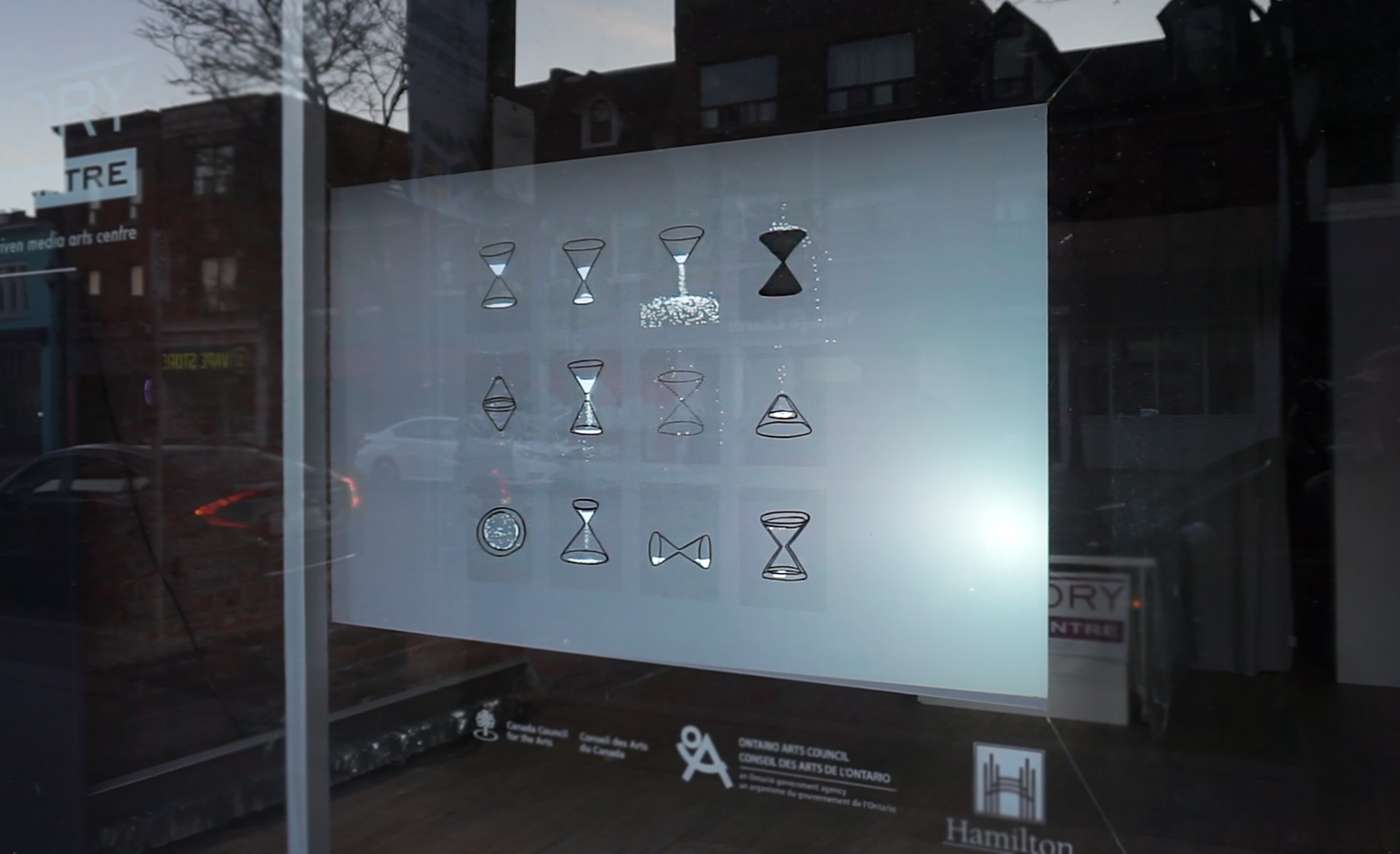
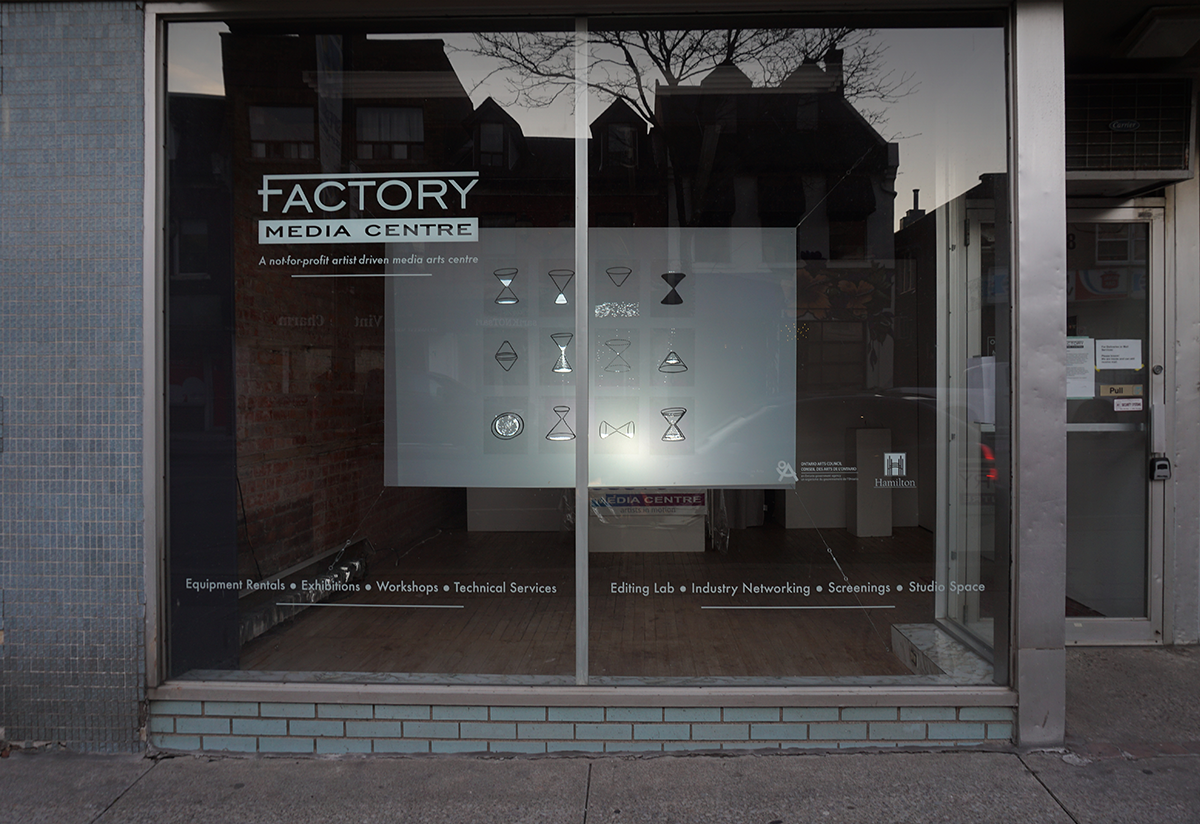
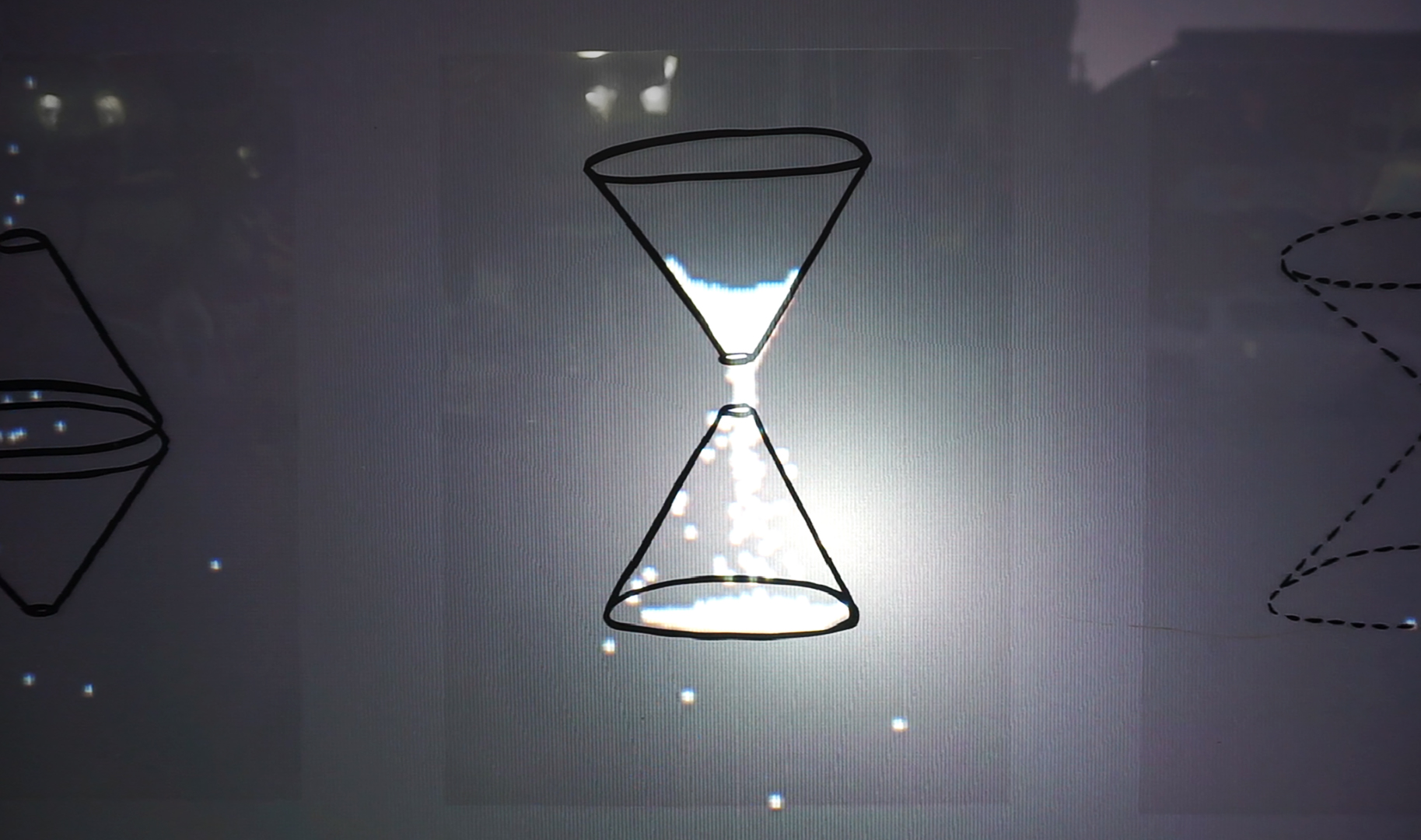
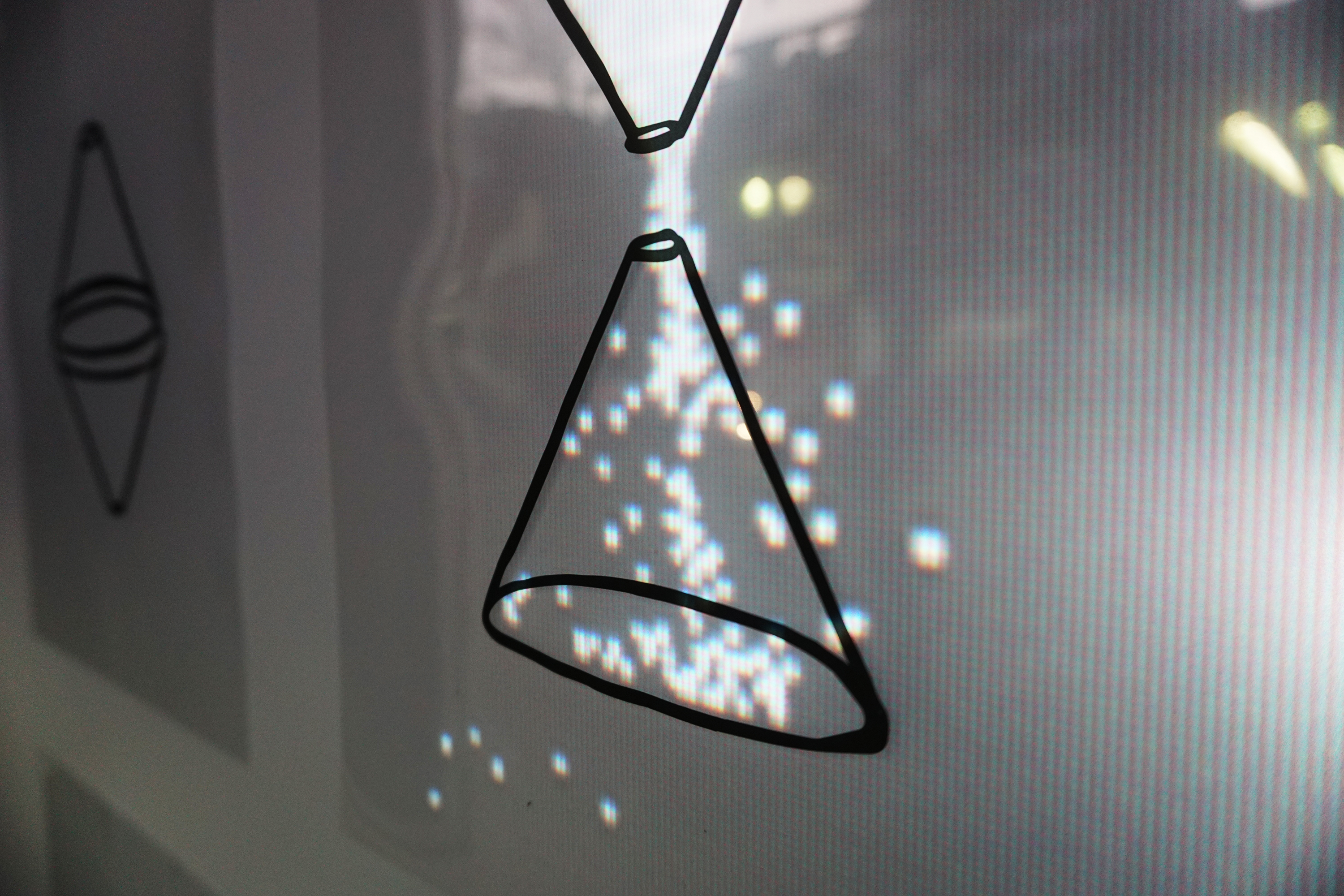
PROCESS WORK
